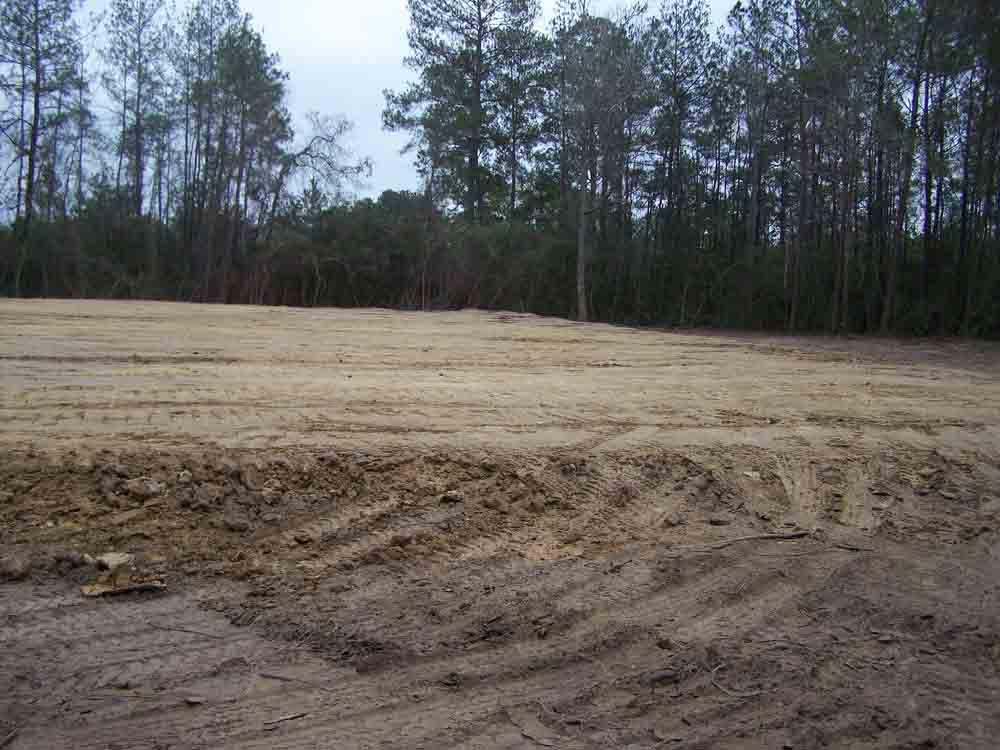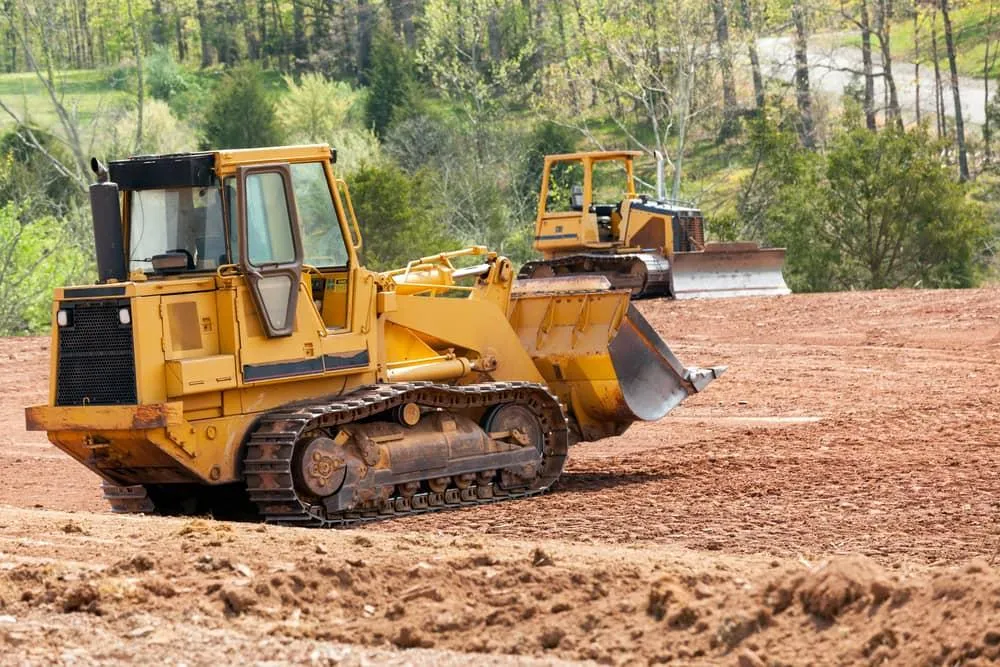
House Pads Near ,
House Pads for Your New Home: A Complete Guide to Cost, Preparation, and Choosing the Best Option
Imagine it’s a few years down the line, and you’re finally ready to settle into the home of your dreams. The view is perfect, the layout is everything you wanted, and it all starts with a solid foundation — literally. This foundation, known as a “house pad,” isn’t just about leveling the ground; it’s about securing the longevity of your home, protecting it from moisture and shifting, and ensuring that all the work you put into your home aboveground has a reliable start beneath it.
So, if you’re feeling a bit nervous about getting it just right, that’s understandable. Building a house pad means making big decisions and financial commitments, and with it, there can be concerns about potential pitfalls and unexpected costs. Let’s face it: the foundation can make or break the structure. We’re here to help you make informed choices and see your project through without the stress.
How Can We Help?

is Committed to superior quality and results!

AVOID COSTLY MISTAKES:
Do NOT hire an excavating contractor without first reading our free guide:
The ULTIMATE Excavation & Septic "Success Guide."


Understanding House Pad Costs: What Influences the Price?
Materials and Site Conditions
One of the first questions most people ask is, “What’s this going to cost?” The truth is, house pad costs vary quite a bit depending on several factors. The materials used are one of the biggest cost drivers, with dirt, gravel, and concrete each coming with different price tags. Dirt pads are typically the most economical, while concrete pads offer higher stability at a higher cost. Gravel sits somewhere in the middle, offering drainage and some stability without breaking the bank.
Size, Location, and Design Complexity
Beyond materials, the size of the house pad directly affects costs — larger pads require more materials, time, and labor. If you’re building on a slope, in an area with challenging soil, or where there’s a lot of vegetation to clear, the process will involve extra steps. Complex designs that include drainage solutions or soil compaction requirements can also add to the budget.
How to Budget for Your House Pad Project
When budgeting, include a buffer for any unexpected site conditions that might be discovered during excavation. A safe approach is to get an estimate from a knowledgeable contractor who can evaluate your land and any additional requirements your house pad might need.
Common Problems in House Pad Construction and How to Avoid Them
Building a house pad isn’t just about setting a flat surface; it’s about preparing a base that will withstand weather, soil shifts, and moisture changes for decades. Here are some common problems and how to avoid them:
Drainage Issues: Preventing Water Damage
Without proper drainage, a house pad can turn into a soggy mess, creating a breeding ground for mold and mildew and weakening the foundation over time. Incorporating a drainage plan — from French drains to slope adjustments — will ensure water moves away from your house pad, protecting your investment.
Soil Compaction and Erosion: Why They Matter
Erosion is another major issue, especially in regions with frequent rainfall. The right compaction of soil layers is crucial to prevent the foundation from shifting or settling unevenly. Experienced contractors use special machinery to compact the soil in layers, creating a stable base that resists erosion and holds up under the weight of your home.
Climate and Seasonal Challenges: Timing Your Project Right
Some climates come with added challenges, like freeze-thaw cycles, which can cause the soil to expand and contract. Timing construction to avoid extreme weather seasons, and planning for weather-resistant materials, can make all the difference in building a durable pad.
See Our

✔️ Commercial Excavation
✔️ Residential Excavation
✔️ Demolition - Smaller Sheds, Barns , Mobile Homes, Single Family Homes
✔️ Dozer Work
✔️ Septic System Pumping
✔️ Septic Installs Traditional Systems
✔️ Septic Tanks - Plastic/Poly
✔️ Septic Tanks - Concrete
✔️ Septic Tank Installations
✔️ Septic Pumps And Septic Alarms
✔️ Pump Replacement
✔️ Lift Stations
Quality Services Launched FAST!

✔️ Drain Field Replacement
✔️ Forestry Mulching
✔️ Grading
✔️ Lot Clearing
✔️ French Drains
✔️ Sewer Repairs
✔️ Camera Inspections
✔️ Pipe Jetting And Thawing
✔️ Drainage Systems
✔️ Full Site Preparation
✔️ Grease Trap Pumping
✔️ Grease Trap Repairs
✔️ Grease Trap
✔️ Land Clearing
What Are You Waiting For?
Comparing House Pad Types: Dirt, Gravel, and Concrete Pads
Choosing the right house pad type depends on your budget, climate, and the needs of your home. Let’s look at the most common options and their pros and cons.
What’s Best for Your Home: Dirt vs. Gravel vs. Concrete Pads
Dirt Pads: Dirt pads are cost-effective but require high-quality compaction and a solid drainage system to prevent issues down the road.Gravel Pads: Known for excellent drainage, gravel pads are ideal for wet climates and sit at a mid-range price point.Concrete Pads: The most stable and durable option, concrete pads resist erosion and shifting but can be a pricier investment.
Pros and Cons of Each House Pad Type
For homes in wetter climates, gravel is often preferred to manage water flow. However, if long-term stability is a top concern, a concrete pad may be the way to go. Your contractor can help you decide based on your specific location and soil type.
Choosing the Best House Pad for Your Home and Location
Every home and location presents unique challenges, so it’s essential to customize your house pad to meet these needs. Working with a contractor who can tailor their services to your property’s requirements — whether that means adding extra drainage or preparing for winter freezes — can make all the difference.
Matching Your House Pad to Your Home’s Design and Needs
Homes with basements require different pad prep than single-level homes, and homes on hillsides may need terracing or reinforcement. Customization is key here; don’t settle for a “one-size-fits-all” approach. Your contractor should be prepared to offer solutions tailored to your specific site.
How to Choose the Right Team for the Job
Look for a contractor who asks questions about your property, listens to your concerns, and isn’t afraid to explain every step. A knowledgeable team brings peace of mind — you know they’re considering every detail that matters.
Next Steps: Planning Your House Pad Project with Confidence
Starting with a solid foundation means you’re investing in peace of mind for the future. With a clear understanding of what’s involved, from cost factors to potential problems and the benefits of different types of house pads, you’re now equipped to make informed choices that fit your needs and budget.
Reach out for a consultation with an experienced contractor who can customize a plan for your home and location. With the right team by your side, you’ll feel confident that your house pad is built to last, protecting your investment for years to come.
Hours:
Extended hours by appointment only.
Address: